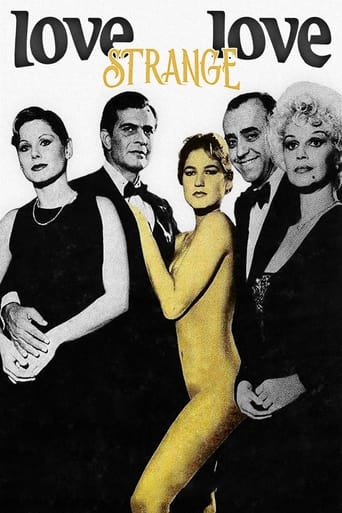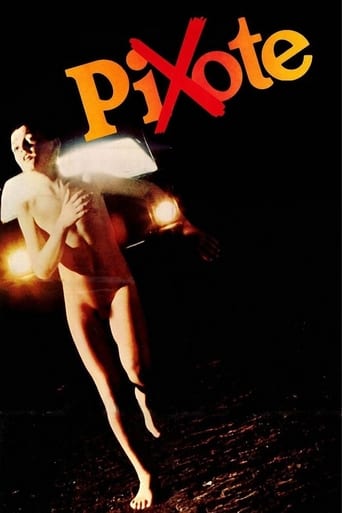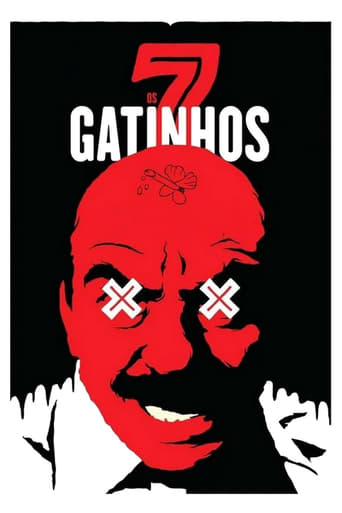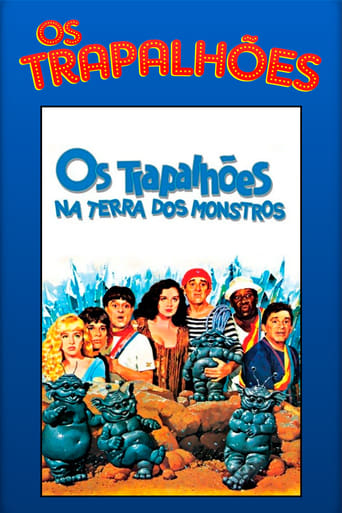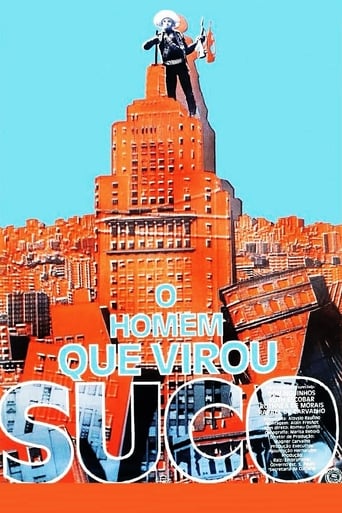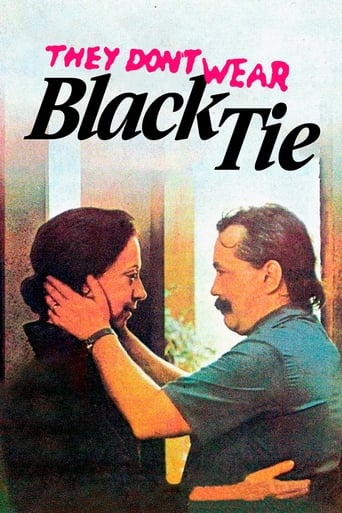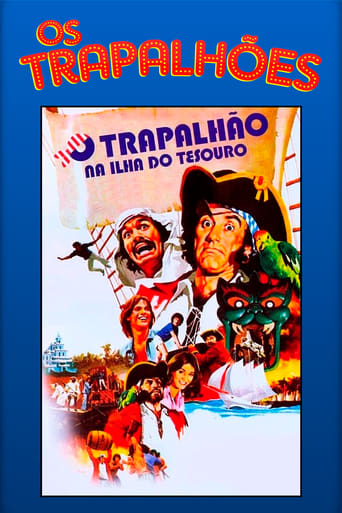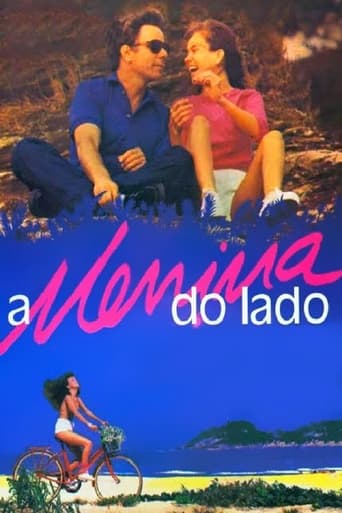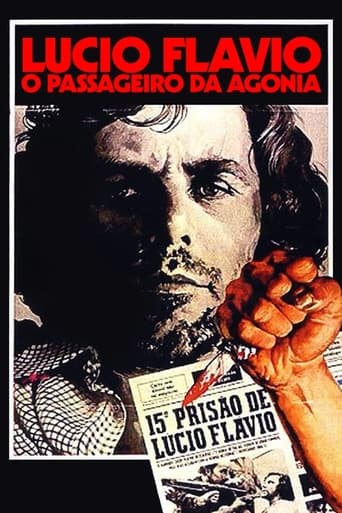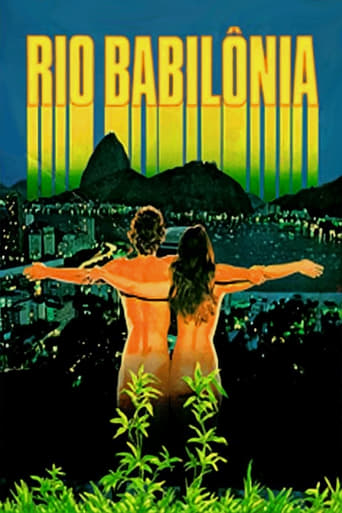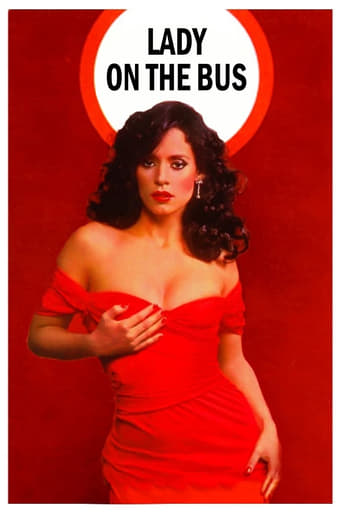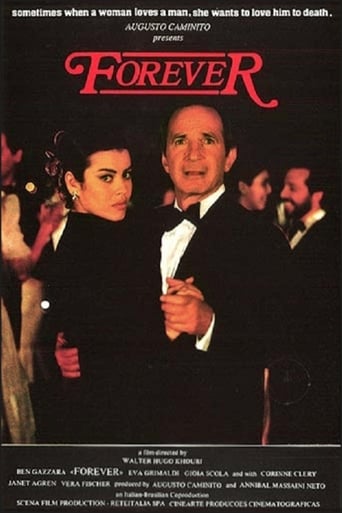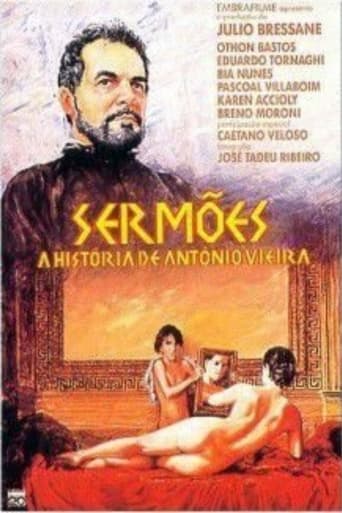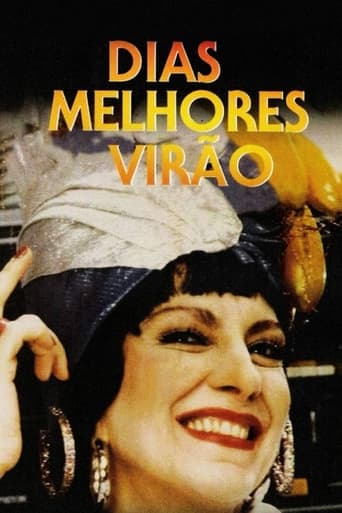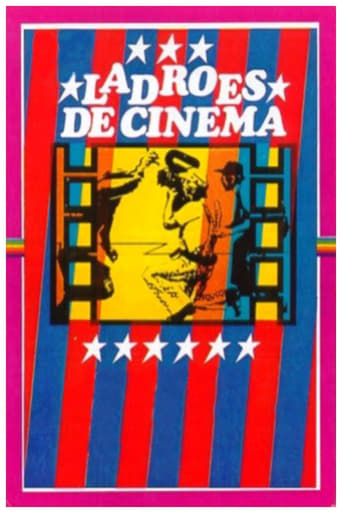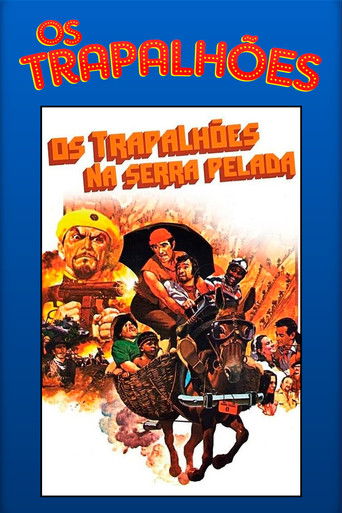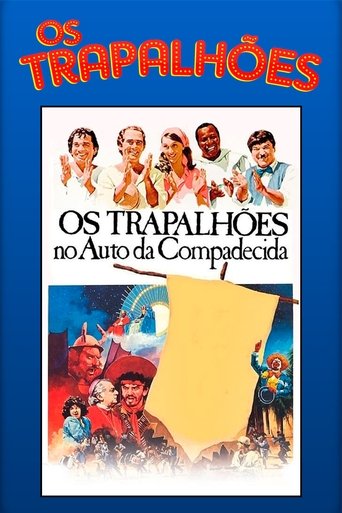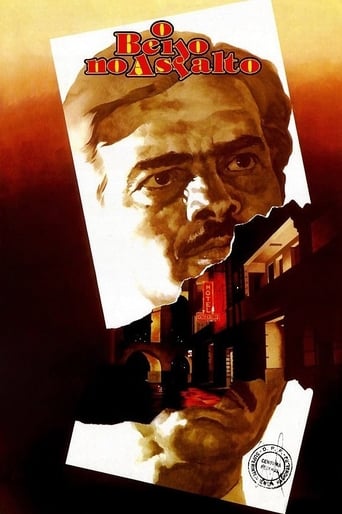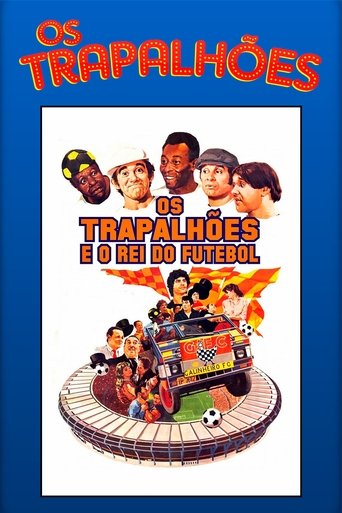In a television program Angelica (Angelica), the daughter of a businessman who aspires to be a singer, eventually earning his "crazy dream", which is recording a video clip at the top of Sugar Loaf in Rio de Janeiro, with the Domino Group . The father forbids it to go, so she runs away with her boyfriend to the Sugar Loaf. When her father learns commands Didi (Renato Aragão), Dede (Dede Santana), Mussum (Mussum) and Zechariah (Zechariah) to think in three days or call the police. Trying to find her, the quartet falls into a hole in the Sugar Loaf which is populated by strange creatures, some good, the Grunks, and some bad, the Barks.
